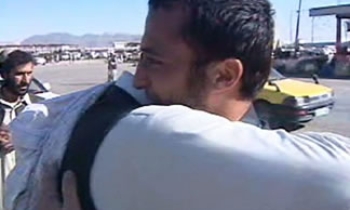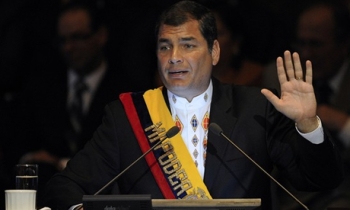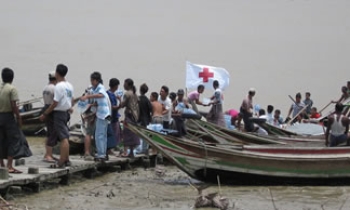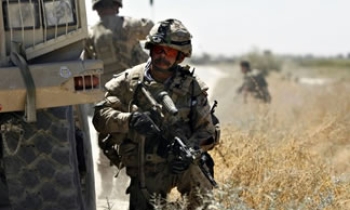Supporters of Namibia's ruling South West Africa People's Organisation (SWAPO) party, under the umbrella body of the SWAPO Elders Council, have criticised the Namibian newspaper and radio stations for what they allege to be insults and criticism levelled against the party's leaders, current President Hifikepunye Pohamba and former president Sam Nujoma.
Party supporters say they want the Namibian to stop publishing readers' text messages and radio stations to stop airing chat shows and phone-in programmes. The Namibian reported on February 2, 2009 that SWAPO supporters claimed they had instructed the minister of information "to take measures to stop the dangerous radio programmes and chat shows before the situation gets out of control."
The group's leader, Kanana Hishoono, told the media on January 30, that the Namibian and state broadcaster Namibian Broadcasting Corporation (NBC) were permitting vulgar language in their reporting. The group claimed this had caused a disaffection in society which, if left unchecked, could provoke national turmoil.
"Those allowing these destructive programmes to continue will be guilty of unbecoming behaviour," Hishoono said. According to the Namibian, Hishoono wants the paper to publish only those SMS messages that are oriented to what he calls "peace, harmony and mutual understanding between individuals in society."
"The media should not allow themselves to be used to propagate hatred and promote public discontent, whose consequences will be too ghastly to contemplate," Hishoono warned. "The editor of the Namibian newspaper should be advised to stop using the paper as an instrument for inciting people and for senseless attacks on the SWAPO Party and its government."
The attacks on the Namibian follow a similar complaint by the State National Council in 2008, which called on the Ombudsman to investigate the published SMS messages, saying they were too personal in their criticism of SWAPO leaders. The attacks on the media in Namibia also come at a time when preparations for a national general election are under way. The attacks present a serious threat to the ability of the media to operate without fear and are also a threat to citizens' rights to free expression.
In a statement, MISA-Namibia said that the media should not feel intimidated or anxious about publishing or airing public opinion in a country that has a constitution which upholds freedom of speech.









